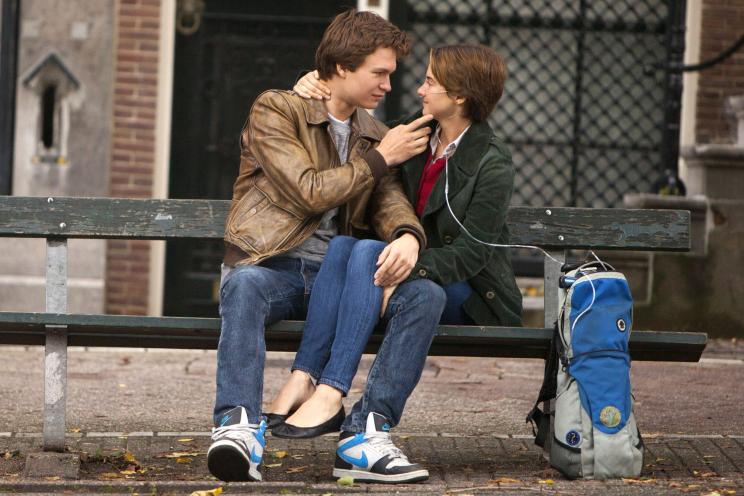First impressions of A Real Pain
Kieran Culkin and Jesse Eisenberg pull off a tricky challenge here, making something meaningful of their road movie about troubled cousins on a Holocaust tour in Poland.

The marketing for A Real Pain really worried me. I suspected that it would be guilty of one of my biggest pet peeves in storytelling.

Most creative writing teachers have probably encountered one of these: an essay in which the writer compares a moment of personal importance to something grossly disproportionate. I’ve seen young writers, eager to make an impression, refer to being corrected by an authority figure as their “personal 9/11”; or they’ll describe defending their personal space at home as something akin to the Israeli/Palestine conflict; or they’ll refer to an authoritarian father as the family Hitler. I’ve read essays in which we’re led into the fraught contexts of Jane Austen’s grand romances — Bennet and Darcy, Woodhouse and Knightley, Marianne Dashwood and Colonel Brandon — only to discover that what the writer really wants to do with this essay is proclaim the glory of their current two-week-old romance, or rant about the wrongs done to them by someone they dated for six weeks and who “didn’t know the first thing about love.”
Don’t get me wrong — I appreciate the ambition! And I can imagine versions of any of these in which they might actually work (particularly if they’re meant to be funny).
But occasions such as these often give me flashbacks to a moment from the movie The Fault in Our Stars — a scene so tactless, so jarring, that I don’t remember much of what happens after that. Perhaps you’re already flinching as it flashes back to you.

As the two young and terminally ill lovers Hazel and Augustus on a journey to Amsterdam, they visit the Anne Frank House — to pay their respects, of course, to that bright, curious girl whose spark was erased in a wave of racist hatred. And as they stand in that sacred space, when we should be thinking about all they might learn there — about innocence, about history, about the failures that lead to such tidal waves of violence — we suddenly realize that, no, that’s not what the movie is interested in. Instead, we’re here to exploit the darkness of the location’s history as contrast to the shiny, swoon-worthy occasion of the teenagers’ first kiss.
In staging this, the storytellers seem to succumb to the same tone-deaf opportunism that seized Justin Bieber when he signed the Anne Frank House guestbook: “Anne was a great girl,” he wrote. “Hopefully she would have been a belieber.”
With this in mind, and more recent examples of this exploitative impulse in my stacks of recent student papers, I approached A Real Pain with trepidation. It looked like it might well be susceptible to the same impulse — using Holocaust memorials as a dramatic backdrop for what is, in essence, a buddy comedy that goes for a one-two punch of laughter and tears.
I wasn’t sure I was ready for Planes, Trains, and Holocaust Memorials.

The trailer revealed its premise: Two cousins — David (Jesse Eisenberg, who also wrote and directed) and Benji (Kieran Culkin) — grieving the death of their grandmother, set out to take a tour of Poland, driven by a burden of responsibility to learn more about their family’s holocaust-haunted history and to see their grandmother’s childhood home for themselves. Along the way, they must reckon with a growing sense of separation and hard feelings, as the friendship of their childhood has been altered by the differing demands of adulthood.
To read this full review, contribute something large or small to help cover the costs of this writing. Give Me Some Light is a reader-supported publication.
